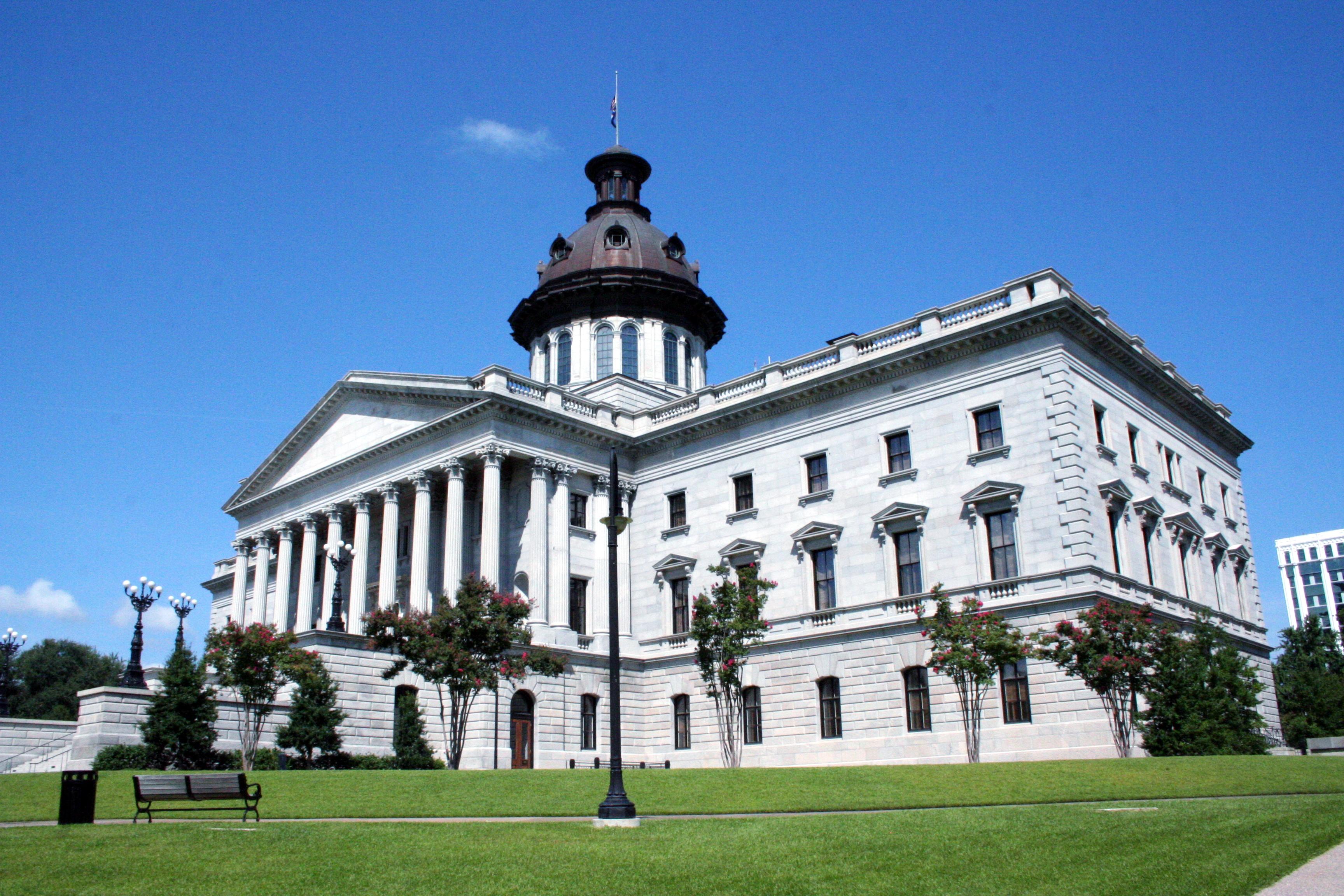Nuclear Fallout for Taxpayers

Ellen Weaver
How’d We Get Here?
By this point you’ve likely heard the story. Let’s quickly review the facts:
In 2007, with a scant 7 legislative days elapsing from a Senate committee hearing to nearly unanimous passage on the House floor, legislators in Columbia “fast tracked” and enacted the “Base Load Review Act,” to facilitate what became known as the V.C. Summer nuclear project.
Little did they think at the time that this obscurely named law, which they were told would be pave the way for an American nuclear power renaissance, would unravel into what might become the most infamous tax-payer funded debacle in our state’s modern history.
By shifting the financial risk of building two nuclear power reactors (that now most likely will never produce a kilowatt of energy) from a private company (SCANA) to ratepayers (not to mention the taxpayer-guaranteed debt assumed for the project by Santee Cooper, our state-owned utility), this now-infamous law was structured to almost guarantee mismanagement and cost overruns – in addition to literally guaranteeing SCANA to make a 10.25% profit.
And the real kicker? SCANA wrote the legislation.
Combine that with politically-appointed oversight that – even if well-intentioned, lacked the expertise to manage a project of this scope – and you have all the ingredients for a nuclear-grade taxpayer meltdown, even in the best of circumstances.
Of course that’s exactly what happened. The results have been widely reported: ratepayers and taxpayers are already on the hook for at least $6B (and yes, that’s billion with a “b”) and counting.
What Should We Learn?
The hunt for a scapegoat is well underway. The Legislature (which again, passed the law enabling the mess) is holding hearings to investigate what went wrong. SCANA blames Santee Cooper for pulling out of the project. Santee Cooper and SCANA blame the pending bankruptcy of Westinghouse, the nuclear contractor. And round and round we go. Bottom line: there’s plenty of blame to share.
Where do we go from here?
Our part-time legislature can’t possibly be experts on everything they’re asked to consider, and no one expects them to be. They desperately need to learn to hit the “pause” button and get credible, independent analysis of these kind of complex schemes before they’re railroaded through. This is exactly the need that Palmetto Promise Institute now exists to fill.
But now that the proverbial toothpaste is out of the tube in this instance, they need to get experts in a room – people who know something about complex deals – and figure out how we’re going to minimize the pain to taxpayers going forward. Accountability is surely needed, but political finger-pointing won’t fix the problem. And let’s not presume the people who got us into this mess in the first place are going to be the ones with an answer–or objective take–on what it will require to get us out.
But a larger lesson looms. As Oran Smith wrote last week, conservatives have been calling for decades for South Carolina to get out of the state-run power business. Besides running counter to every free-market principle known to man, the practical reality is that government-run enterprises never work out well for the little guy. Ask any Average Joe who’s lived under socialism. And U.S.-style crony capitalism isn’t much better. Big corporations–who can to give away plenty of campaign cash and hire an army of lobbyists–take full advantage of their insider status to stack the deck in their favor. And why wouldn’t they when they can?
Then, when things predictably fall apart, it’s the same little guy – in this situation, ratepayers and taxpayers – who get stuck with the bill. Disgust with this kind of insider influence was exactly the outrage that President Trump harnessed when he promised voters that he’d “drain the swamp.”
Will Columbia learn the lesson? Because sadly, it’s not just the V.C. Summer debacle. It’s our lagging K-12 education system, our uncompetitive tax system, our struggling pension system, our crumbling infrastructure system…you get the idea.
“Business as usual” in the Palmetto State is fundamentally broken. And we can’t simply keep funding failure and sticking the little guy with the bill.
South Carolinian James Petigru once famously remarked, “South Carolina is too small for a republic and too large for an insane asylum.” If insanity is doing the same thing over again and expecting different results, we as taxpayers should pray–and vote–for leaders determined to chart a course back to sanity.




